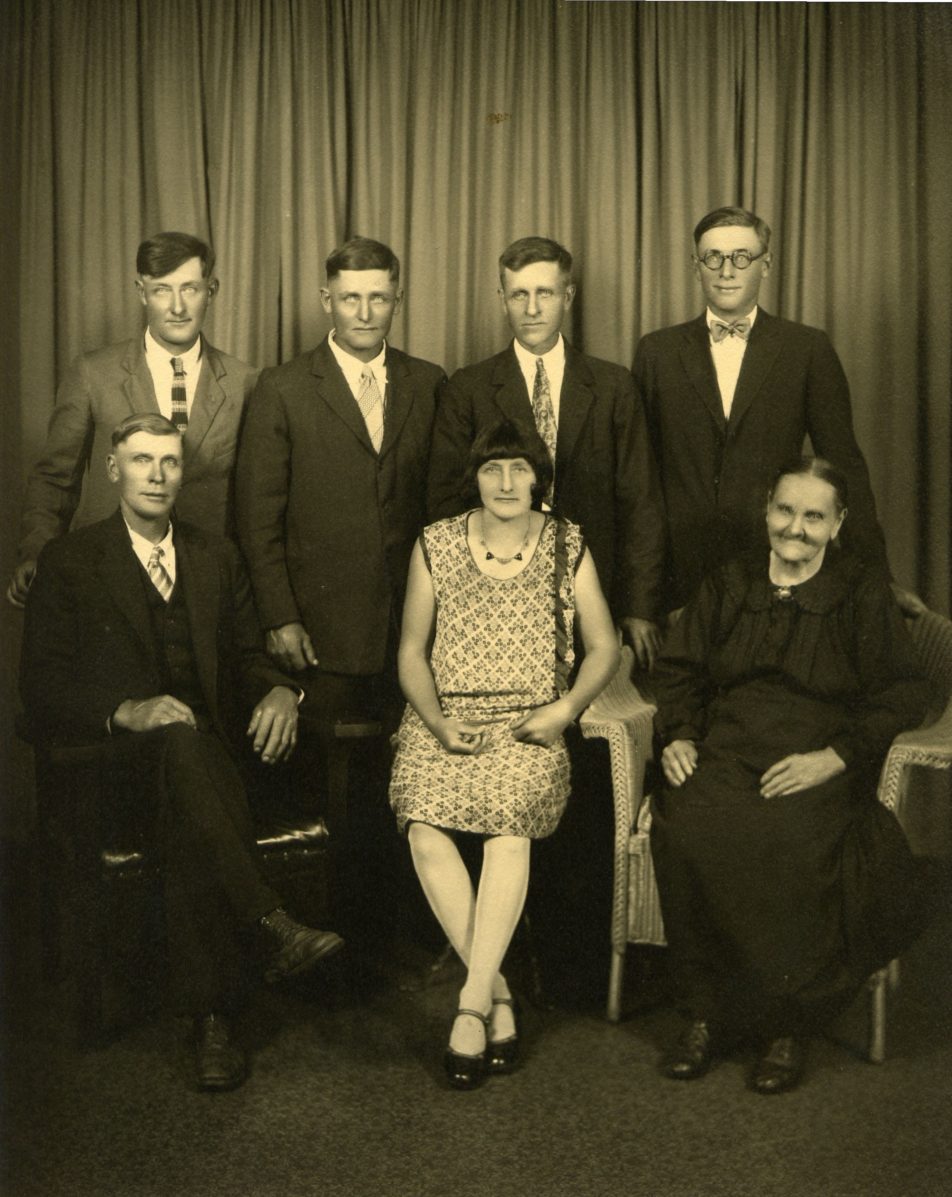I spent Christmas with family. It was a special time; we looked at old family photos and talked about grandparents, great-grandparents, aunts and uncles. I was surprised at how little I knew about some of my ancestors. Dad is 92 and was able to share names and stories about many of the “old-timers” in the pictures.
An Ancestry.com survey reveals some surprising results:
- 83% of 18 to 34 years old are interested in learning more about their family history
- Only half of Americans know the name of one or more of their great-grandparents
- 22% of Americans don’t know what any of their grandparents do or did for a living.
The Legacy Project encourages people to talk with elders about the lessons they have learned, but people wonder what kinds of questions to ask. Here are six to get you started.
- If a young person asked you, “what have you learned in your ___ years in this world,” what would you tell them?
- Some people say they have had difficult or stressful experiences that they learned important lessons from them. Is that true for you? Can you give an example?
- As you look back over your life, do you see key events or experiences that changed the course of your life or set you on a different track than you had anticipated?
- What would you say you know now about living life that you didn’t know when you were twenty?
- What can younger people to do avoid having regrets later in life?
- What would you like to be known for?
We don’t know when our story will end. But I think it’s important for us to consider what we want to be remembered for and what we want our legacy to be. What three words do you want etched on your tombstone?
The road is easier together,
Linda

